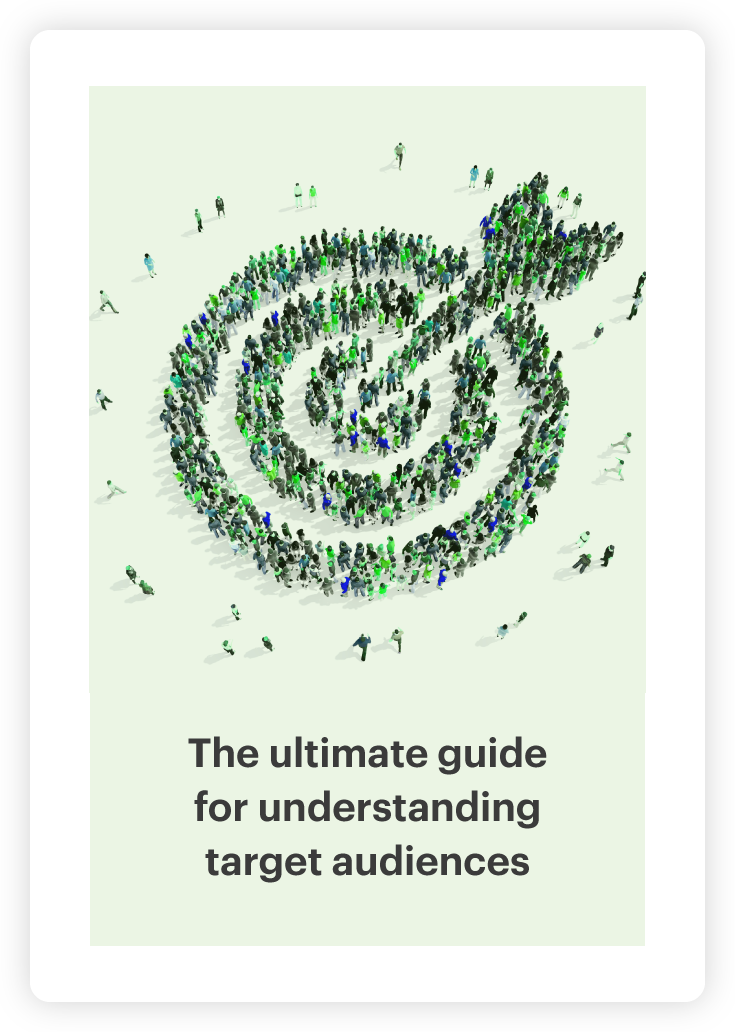A chess revolution: Analyzing reactions to The Queen’s Gambit

64 squares. 32 pieces. Two players, two colours and one objective: Checkmate. Chess is a game of strategy, and until recently, attracted a pretty niche audience. Yet with Netflix miniseries, The Queen’s Gambit, proving a record-breaking hit with viewers, is chess now considered cool?
The Queen’s Gambit follows an orphaned chess prodigy, Beth Harmon, to become a world champion in a male-dominated sport. This show, however, is not just a cinematic masterpiece because since airing in October, it has caused an uplift in the search term ‘Chess’ on Google, inspiring a whole new generation of chess players.
Being in the world of text analysis and linguistics, we wanted to dig deeper and learn more about the latest Netflix trend. To understand how different audiences are reacting to The Queen’s Gambit, we compared language data from Chess.com’s forum, news articles, Twitter, IMDb reviews, and popular internet forums. Using Relative Insight’s text analysis platform, we were able to identify how reactions have differed across channels and demographics.
Chess Forum: The Real Deal
Chess Forum users represent the pro chess players in this comparison – the real deal. So, it’s no surprise that when discussing the show, they were more likely to get caught up in the actual game of chess. Chess players were 127.6x more likely to discuss specific chess moves, 154.9x more likely to mention notation and 33.6x more likely to refer to specific pieces (bishop, pawn, queen). As they say, the devil is in the detail.


Aside from the minutiae of the game, chess players were genuinely impressed by the onscreen representation of chess in The Queen’s Gambit. In fact, the topic of accuracy appeared 8.3x more than in other mediums.

Although we’ve probably proven your predictions about chess players being detail-oriented, this specific demographic is also creatively inclined. Perhaps because of their acute awareness of the chess board, Chess forum users were 76.9x more likely to discuss symbolism throughout The Queen’s Gambit. Namely, the final scene: Beth Harmon having conquered the Russians, walking in white as not just the Queen of the game, but a Grandmaster.

News Articles: The Press Verdict
Good journalism is factual, well-researched and objective. Although the show has been well received by most, journalists use statistics to back up this point. News articles are 52.6x more likely to mention ‘viewership numbers’ of The Queen’s Gambit, and over 100x more likely to discuss its impact on chess set sales.


Continuing with facts, news publications are far more likely to reference authoritative bodies in their writing. They have direct quotes from the International Chess Federation, along with former world champion and consultant on the show, Garry Kasparov. Linguistically, the word ‘reported’ appears 122.8x more than in any channel. This single word gives legitimacy to the writing, and implies articles are thoroughly researched.
 Twitter: Millennials
Twitter: Millennials
Millennials are by far the biggest audience active on Twitter. So, analysing social listening data with Relative Insight’s text analysis technology offers up insights into how this demographic is reacting. The Queen’s Gambit is inspiring action and igniting an interest for ‘learning’ how to play chess with an entirely new audience. Twitter users are 81.5x more likely to ‘wanna learn’ chess since watching the series, a substantial difference in comparison to other channels.

It seems that for millennials, watching the show sparked nostalgia for the game of chess. Twitter users were 7.7x more likely to mention that they ‘used to’ play chess or were part of the chess club in school. This sudden urge for people to claim ties to chess or want to learn shows the sheer influence of The Queen’s Gambit. But it also highlights the influential culture of social media and the power of trending topics.

Twitter users were surprised at how engaging a series primarily about chess was. Phrases such as ‘Who knew chess could’ (be so exciting, so intense, so engaging?) and ‘never thought chess’ (would evoke many emotions) are used 27.9x more than any other channel.

IMDb reviews: Self-proclaimed critics
Looking at the IMDb reviews for The Queen’s Gambit, over 60% came from people aged 30 or over, giving us a glance into how yet another demographic is reacting to the series. These self-proclaimed critics are 12.7x more likely to declare the series a ‘masterpiece’ using a variety of flamboyant adjectives to get their admiration for the series across. Funnily enough, reviewers are also 6.7x more likely to mention awards, predicting the show as a winner across all categories.


Linguistically, it’s interesting that IMDb reviewers directly address the reader and position themselves as an authority on the subject. Reviewers are 9.2x more likely to assure people that ‘You won’t regret’ watching The Queen’s Gambit. And who are we to argue?

Popular forums: A political generation
The Queen’s Gambit captures the struggle for women to be seen as equal in the chess world. However, Beth Harmon is able to dismantle sexism with her sheer genius and mastery of the game. Popular forum users show a politically active side, fittingly discussing feminism in relation to The Queen’s Gambit 6.6x more than other channels.

Meanwhile, forum users are turning to online chess sites to get their fix for the game. Sites such as ‘Chess.com’ and ‘Lichess’ appear 21.5x more in popular forum conversations. Chess.com has seen a huge increase in players since the release of The Queen’s Gambit. A spokesman for the site, Nick Barton, said they had seen a “surge in brand new players”.

Different channels attract different demographics, and as we’ve seen here each of these audiences will view a particular topic in nuanced ways. Channel-based comparisons such as this can help brands develop a 360 degree understanding of a topic and deliver differentiated, resonant communications to each of their target segments.
Relative Insight can analyse data from any source – whether it’s social reactions to a music gig or new television release, forums, web copy or reviews – the platform can analyse anything with words to generate game-changing audience insights.
 Twitter: Millennials
Twitter: Millennials